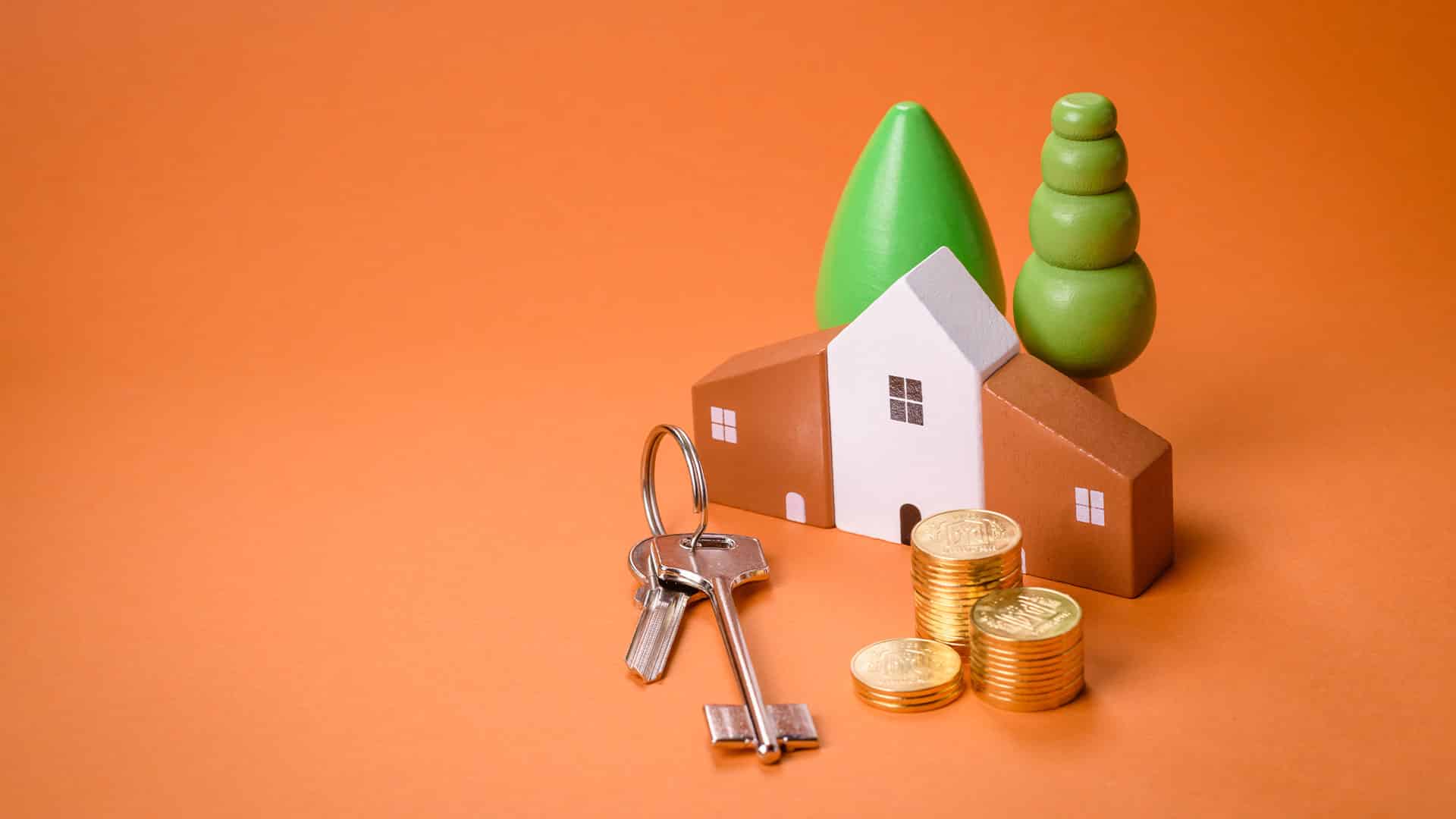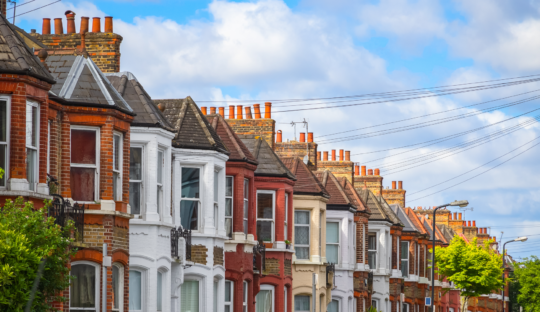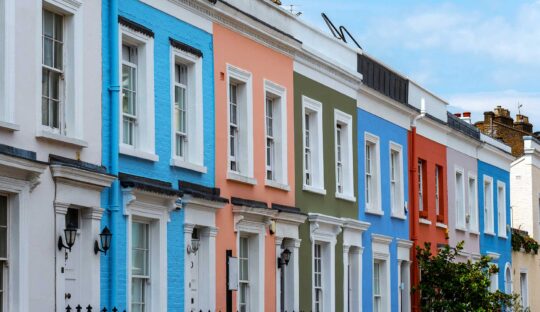In this article
Mortgage Deposits
Explained in 1 min 25 seconds
Find more videos like this on MoneymanTV
You will need a minimum of 5% deposit to buy a house with a mortgage. For example, for a £200,000 purchase price, you will need a minimum of £10,000 which is 5%.
Here is how you work out how much deposit you will need for a house:
Purchase Price x 0.05 = Deposit Required
Here is a table that shows how much deposit you will need to for a house purchase:
| House Purchase Price | Deposit Needed |
|---|---|
| £100,000 | £5,000 |
| £150,000 | £7,500 |
| £200,000 | £10,000 |
| £250,000 | £12,500 |
| £300,000 | £15,000 |
| £350,000 | £17,500 |
| £400,000 | £20,000 |
Please note that the other costs of buying a house will be in the region of £2,000 to £3,000 to include any legal, valuation, broker, arrangement fees, removals etc.
It is important to understand that mortgages are priced in bands based on risk meaning that if you can save a bit more money and get a 10% deposit, you are likely to benefit from a lower interest rate than putting the minimum 5% down.
There are a few exceptions to the minimum 5% deposit rule, these are:
- Gifted deposits.
- Buying your council house.
- Age 60+ mortgage.
- Bad credit mortgages.
Gifted Deposits
A popular way for first time buyers to get on the property ladder is with a gifted deposit from a family member. Often parents and/or grandparents are willing to help out with the deposit to help you onto the property ladder therefore no money is required from you. First time buyer mortgages are available that accept gifted deposits in this way. When renting it can be difficult to save for a deposit and pay your rent at the same time.
Speak to an Advisor – It’s Free!
Schedule a free callback from one of our experts today.
- All situations considered
- Transparent and honest mortgage advice
- We search 1000s of purchase and remortgage deals
Our customers rate us 4.9/5
Buying Your Council House
There are a few exceptions to the 5% deposit rules, one is if you are buying your council house. Here, as part of the right to buy mortgage process, the lender will use the large discount provided by the council as your discount therefore no additional deposit will be required towards the deposit.
Age 60+ Options
Another exception to the rule would be for our more mature clients who are looking to buy a new home. Due to the number of years, you will be able to run a mortgage for, you may require a bigger deposit to bring the monthly payments down to an affordable level.
We have a broad range of over 60s mortgages available to help our older customers get on the property ladder again, or for the first time in some situations.
Bad Credit Mortgages
A third exception to the 5% rule would be if there is bad credit recorded and you are deemed a high-risk applicant. Typically, with bad credit mortgages, a bigger deposit is required to lower the risk of the loan to the lender. The bigger the deposit you put down, the more likely they are to get all their money back in the event of a repossession.
When you are ready to start viewing houses, it is always a good idea to speak with an independent mortgage broker ahead of time to talk through your personal situation and know how much you can borrow and how much deposit you will need.







